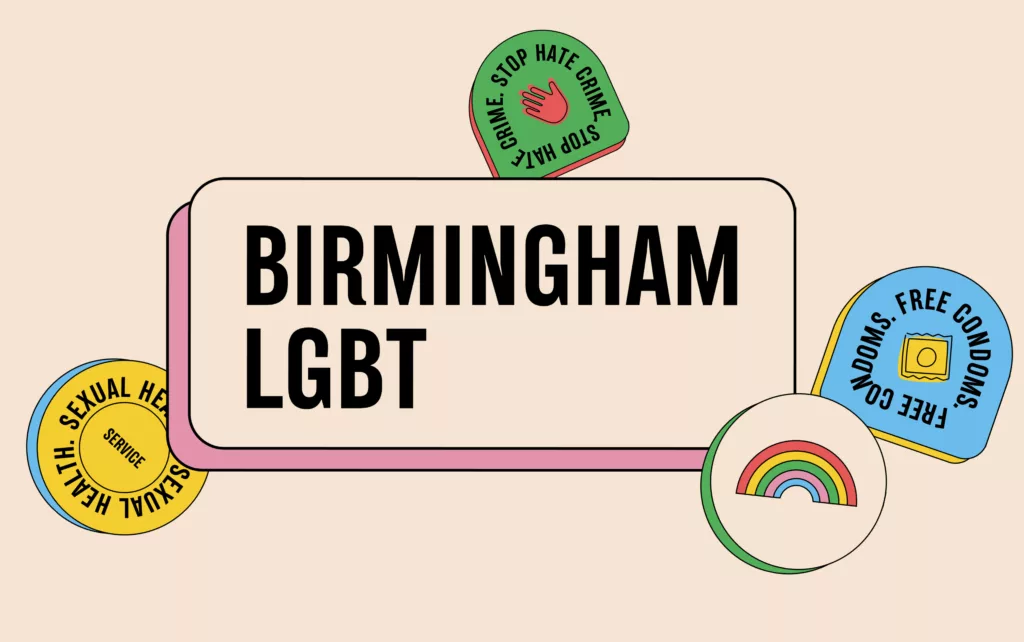This blog was written by our Sexual Health Team Leader, Jake McGee.
As sexual health workers, we often hear about extreme sexual practices: parties, multiple partners, marathon sessions, and that’s fine – a few us of us have been there too! But what we don’t hear a lot about is those who are struggling, and not feeling confident in the bedroom department. You know what: it’s OK to say, “I’m finding things difficult,” and it’s absolutely OK to talk to us about that type of stuff too.
Some of what’s in this blog is relevant to me: I’m a vaper, I don’t get enough exercise, I’m not always great at managing stress. Yes, I know about self-care and how important that stuff is, but isn’t it the case that when we are stressed or down, that’s probably when we are least likely to put those strategies into place?
ED can be difficult to talk about, making it feel taboo. Often it is temporary, though sometimes it can be longer-lasting, but rarely permanent (although it can be and might require medical assistance). But generally, it’s down to lifestyle, and thankfully it is largely reversible with a few small changes.
Firstly, ED can come and go, so having an off day doesn’t mean that its game over forever!
Some of the causes are:
- Stress
- Poor diet
- Smoking (or Vaping)
- Medication
- Depression or Anxiety
- Not feeling right in the moment / with that person / the situation
- Change in sexual partner
Stress
The two hormones which play a role in healthy erections are Testosterone and Cortisol. Testosterone is the male sex hormone, responsible for changes during puberty such as body hair, penis / testicle growth / the voice deepening. Cortisol is a steroid hormone, it’s like the body’s alarm system – it lets us know we are in danger. Stress can increase cortisol levels, and as the level of cortisol rises, the level of testosterone in our body falls. This can make it difficult to achieve or sustain an erection.
Try managing stress by taking up yoga, practising meditation or mindfulness, taking regular exercise, and yes, you guessed it, practicing ‘self-care’ – taking time for yourself to relax and nourish your spirit, doing things you enjoy, hitting the mute notifications button, taking a few hours ‘off-grid’ to enjoy some down time. Get plenty of restful sleep.
Poor Diet
Avoid too much alcohol – a bit is OK, but try and limit it. If you’re currently drinking every day, try going to alternate days, then reducing down further to drinking 2 days out of 7. Too much alcohol can increase production of oestrogen (the female sex hormone) which can lower testosterone levels.
See the link below for testosterone-boosting foods
https://www.healthline.com/health/low-testosterone/boosting-food#more
Smoking
Quitting smoking will have the biggest impact on sexual performance, although arguably is a more difficult change to make. Cutting down will help, but it’s not ideal because of the nature of addiction – without discipline, you will quickly be smoking at the same or even a greater level than you were before. It’s best to quit completely.
Smoking can limit bloodflow to the genitals, meaning it can interfere with the ability to get an erection, or it can affect the quality of the erection. For more information or advice on quitting, see the link below:
https://www.nhs.uk/smokefree?gclid=CN3a7Ljv1ugCFULNGwodO_wFWQ
Medication
8 out of 10 of the most commonly prescribed medications list erectile dysfunction as a possible side effect, so this is really common.
If you think your medication needs to be reviewed, don’t be embarrassed to talk to your GP or healthcare provider – lots of medications provide the same basic function, but have differing side effects, so often some trial and error can lead to finding a better fit for you, but don’t suffer in silence.
Depression and anxiety
Depression can be reactive (e.g. triggered by an event or change in circumstances – so we know why we are depressed) or it can be unexplained, perhaps caused by a chemical imbalance in the brain.
Things that may help are keeping active, spending time in nature, talking therapies, and peer support.
Umbrella Sexual Health offer a free psychosexual counselling service for people in relationships who are struggling with sex or intimacy. If you are in a relationship but having difficulties with loss of desire, painful sex, or being unable to get or sustain an erection, sex therapy may be beneficial. You will never be asked to do anything sexual in the room it is a form of talking therapy.
You will be assessed in order to make sure this is the right type of therapy for you – please call 0797 6919481 and leave a voicemail message, and the coordinator will get back in touch to discuss things in more detail.
Changing sexual partners can cause anxiety. It could be a good idea to take things slowly, get to know the person before taking the relationship to a sexual level, so you feel comfortable and relaxed before taking things further. You’re under no obligation to go through with sex because he’s ‘come all this way’ or paid for the Uber – if you’re not feeling it for whatever reason, you can politely make an excuse and find a reason to leave.
I hope you have found some of my hints and tips in this blog helpful, and the Sexual Health Team at Birmingham LGBT are here for you if you need to discuss any of the issues raised in this blog – you can call us on 0121 643 0821, or email sexualhealth@blgbt.org

